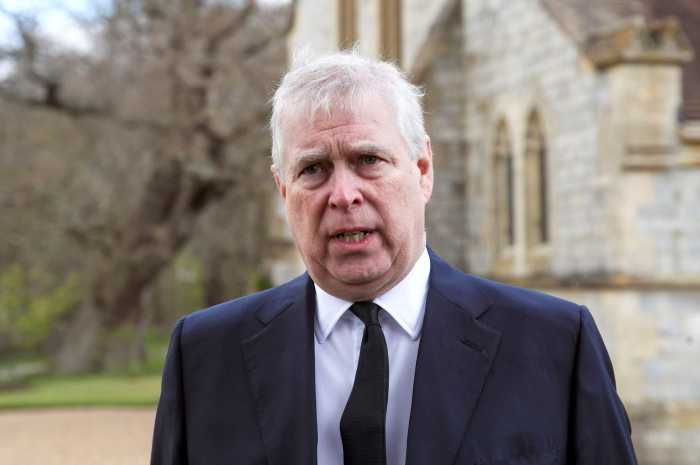The most powerful New York City official you’ve never heard of is Jacques Jiha, director of the Mayor’s Office of Management and Budget.
He’s no slouch. With a PhD. in economics, his experience includes serving as the city’s deputy comptroller, chief investment officer for the state comptroller and finance commissioner for New York City. He’s so critical to Mayor Eric Adams that he was just designated to report directly to him and not newly appointed First Deputy Mayor Randy Mastro.
The annual expense budget of the City of New York is about $115 billion. According to statistics published by the CIA, that’s more than the government spending of Columbia, Egypt, Finland or Taiwan. But even the CIA would be hard pressed to identify the hidden levers that OMB has over city dollars.
On paper, the city’s chief fiscal officer is the comptroller, an independently elected citywide official, with significant responsibilities including fiduciary for about $285 billion in pension assets; oversight of the city’s financial statements and agency performance; settling claims against the city, and enforcing prevailing wage laws. The comptroller co-manages the city’s borrowing with OMB. But except for the power to hold up city contracts with outside parties, the comptroller doesn’t actually affect the day to day spending by agencies. OMB does.
OMB has important outward facing responsibilities such as overall formulation of the budget and ensuring that capital projects meet the requirements of the tax-exempt bonds which finance them. But behind the scenes, OMB controls the financial spigots.
The City Council may appropriate funds to hire new staff at an agency, but it doesn’t actually happen without a go-ahead from OMB. So too with the city’s billions of dollars in contract spending for everything from social services to construction. The process begins with a procurement by a city agency — after OBM ok’s it moving forward. It ends with registration of the contract with the comptroller — after OMB allows it. The same for a change order or contract amendment: OMB has to green light the change and any extra dollars. Sometimes things are held up just because the process is cumbersome; sometimes because OMB is trying to leverage cash management. Either way, a vendor doesn’t get paid until OMB says so, putting an extraordinary strain on companies and nonprofit organizations which work for the city.
The points where the invisible hand of OMB can squeeze off funds are hard to identify from the outside. Although it regularly publishes updates on the budget and financial statements, its internal role is opaque. Vendors and grant recipients have no direct contact with the personnel deciding their fiscal fate. Communications are only through the involved agencies. The Mayor’s Management Report provides no metrics on OMB’s performance.
Only one budget director in recent memory achieved elected office — the late Abraham Beame who ironically first became comptroller and later mayor campaigning on the slogan “He knows the buck” only to preside over the worst financial crisis in the city’s history. Out of control spending paid for with borrowed money brought the city to the edge of bankruptcy in the 1970s. To prevent a recurrence, the state imposed financial controls on the city, including requirements that its budget be certified under GAAP (Generally Accepted Accounting Principles) as balanced each year. That exponentially increased the power of the budget director as enforcer of fiscal discipline, on whose credibility both the mayor and the bond markets rely.
No savings is beneath Mr. Jiha’s notice. Take the decision last year to remove some pricier items from newly upgraded school cafeteria menus because too many were being eaten!
This year, Mr. Jiha faces some of his greatest tests: Anticipating the possible loss of billions of federal dollars which historically flowed to New York City. Potential jolts to the city’s tax base from tariffs. Financial market losses and cuts to federal employment in New York City. At the same time, Mr. Jiha needs to advance the policies of a politically vulnerable mayor whose competitors include the City Council speaker with whom he will have to negotiate the budget in June.
Notwithstanding these uncertainties, the February bonds ratings for City debt are AAA from Fitch and Aa2 from Moody’s, both with stable outlook. For this, credit is due.
Ken Fisher is a member of the law firm of Cozen O’Connor, with a focus on state and city transactions, regulations and investigations. He previously was a Member of the New York City Council. The opinions expressed are his own.







































